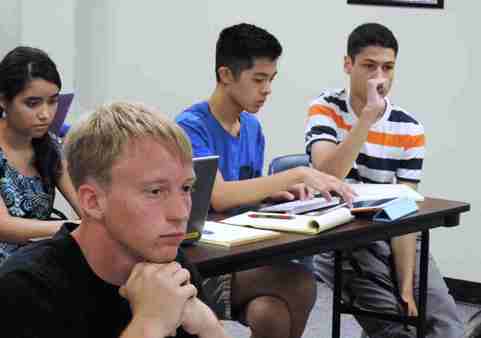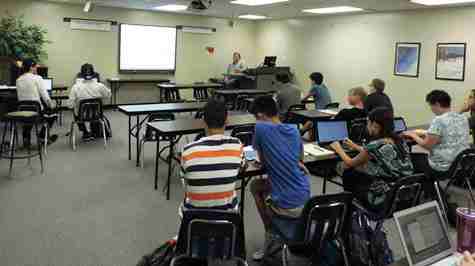The Centers for Disease Control and Prevention have released detailed guidelines and clinical criteria for evaluating patients who might appear with symptoms of Ebola Virus Disease (EVD) and are at risk for having been exposed to EVD.
The University of Kansas Hospital, Kansas City, Kan., released some information today about the disease.
The CDC guidelines include, but are not limited to, a fever greater than 101.5 degrees Fahrenheit, and additional symptoms such as severe headache, muscle pain, vomiting, diarrhea, abdominal pain, or unexplained hemorrhage, according to a KU Hospital news release.
Also, the CDC guidelines call for assessing epidemiologic risk factors within the three weeks before the onset of symptoms, such as contact with blood or other body fluids of a patient known to have or suspected to have EVD; residence in—or travel to—an area where EVD outbreak or direct handling of bats, rodents, or primates from disease-endemic areas.
The CDC alert says patients should also be checked for malaria, which doctors at The University of Kansas Hospital says shares some of the same symptoms as EVD and is also very deadly.
“Malaria kills close to a million people annually, worldwide,” said Dr. James L. Fishback, professor of pathology and lab medicine; at The University of Kansas Hospital. “We’ve never had an outbreak of EVD on U.S. soil, but we treat a few cases of malaria here at KU Hospital every year, as well as tuberculosis, which also claims nearly a million lives every year.”
Doctors say it’s important to keep the EVD outbreak in perspective. Although it’s making big headlines in the national news, it is extremely rare, and mainly a risk to people who are taking care of EVD patients in Africa.
Doctors say EVD outbreaks happen about every ten years. People should use common sense and consult CDC travel advisories for this and other diseases if you’re planning travel to areas reported in the current outbreak.
– Story from KU Hospital


